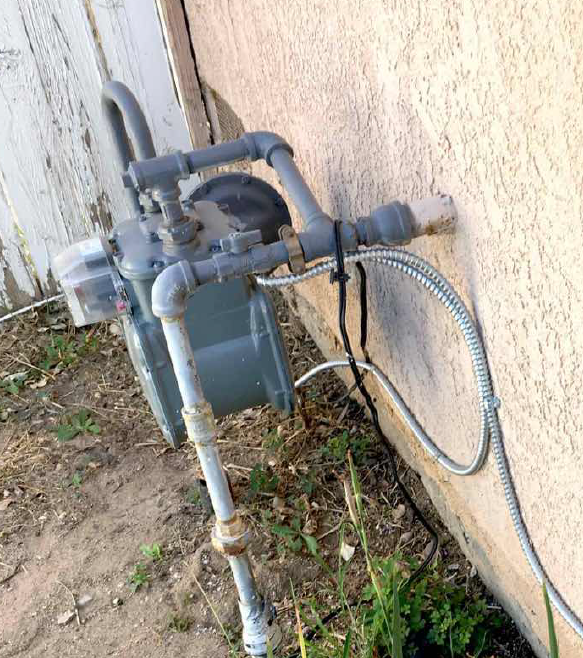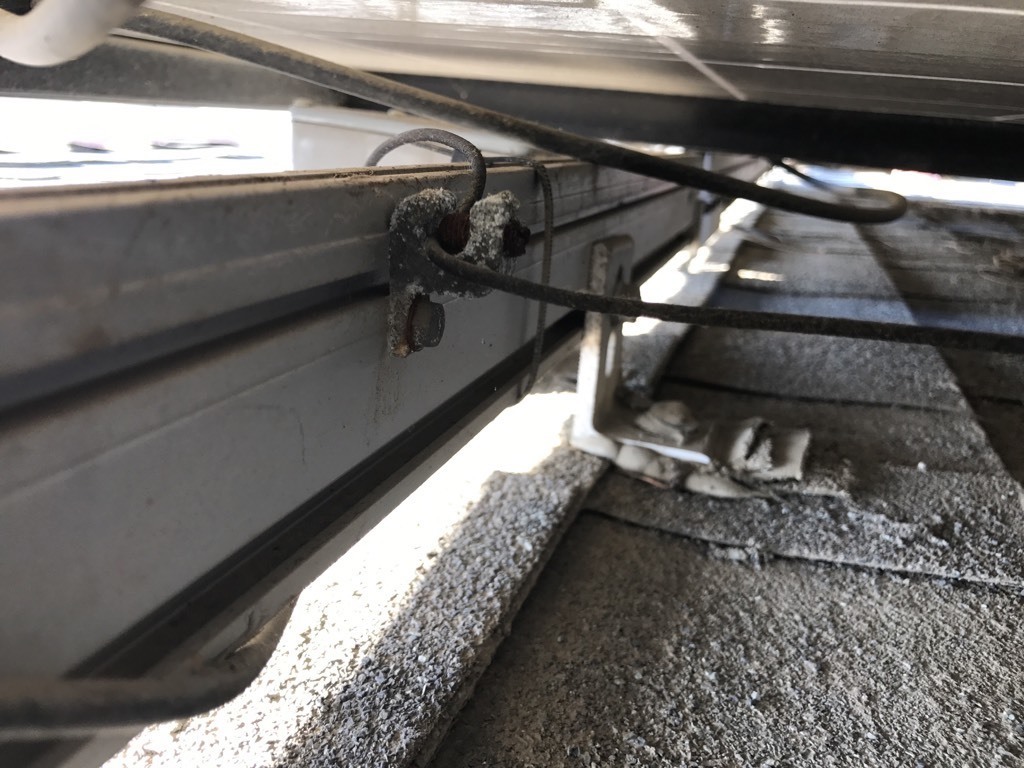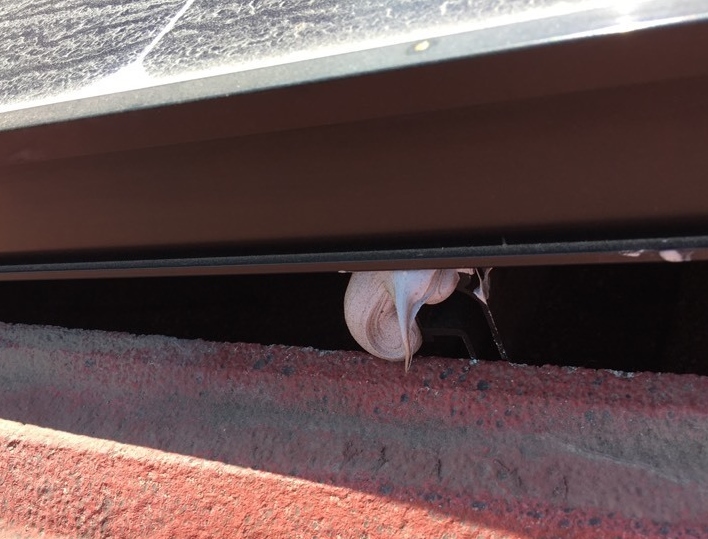Saving an Industry's Reputation - Opinions of a solar inspector
My grandmother, trying to instill good values in me when I was young, would say, "It takes years to build a good reputation and only minutes to kill it." This didn't resonate with me until I was an adult and running my own business. In those 10 years, this statement was my motto - it kept me very busy with business flowing in from word-of-mouth advertising. I have since changed careers to solar inspecting, but my motto remains the same. Unfortunately, not everyone holds themselves to the same high standard. Over the six years I've been working as an inspector, I have been astounded by what I have seen in the field. Based on my firsthand experience, I can tell you that the reputation of the solar industry reputation is at risk.


When a homeowner has a roof system that is not performing as the sales representative promised, they can get frustrated. When leaks appear because flashings were not installed correctly, the homeowner gets even more frustrated and angry. When the installation company doesn't return their calls, the homeowner becomes livid. By the time that homeowner finds out the installer is no longer in business (which is happening far too often) they've reached the breaking point. From then on, most of their conversations with friends will be about how terrible solar is, how it wrecked their house, how they were deceived, and how no one in their right mind should get solar on their home. This is the worst kind of word of mouth - and it hurts all of us.
Just as every consumer should do research when choosing a good auto mechanic, restaurant, or even doctor, so too should they put in the time to research before choosing a solar installer. All solar installers operate differently; consistency can vary from crew to crew even within the same company. Homeowners need to be more curious about the company they are hiring, and not just gloss over the details when the salesman is at their door. They need to read the small-print in the contract and ask questions so that they really understand what kind of a deal they are getting into. A well-informed consumer can help drive the industry towards a better customer experience.
By running a tight ship and making training paramount, solar installers can help boost our reputation industry wide. Too often, the "quantity over quality" mentality is stressed - this ends up costing everyone in the long run. Installers should have regular meetings, encourage collaboration between installation crews to share tribal knowledge, and turn a scrupulous eye on their team's workmanship. The smarter installers take inspection reports and use them as an opportunity for improvement. Well-trained installers will pass on the knowledge and adhere to higher standards in the right environment. On the other side are the installers that push back on their inspection results, oftentimes because they were not aware they were breaking code or doing anything incorrectly. It's rarely a matter of malicious neglect. More often, it's just the result of basic ignorance or lack of experience.
 Users of third-party installers (TPI) should start out new relationships with a strong inspection protocol. Failures do not need to eliminate the new installers; a simple plan for corrections can change the outcome and future trajectory. Good installations result in fewer phone calls, better social media, and less headaches in trying to rectify legal escalations. After all, it is better - and less expensive - to do a job right in the first place than to spend man hours fixing a mess.
Users of third-party installers (TPI) should start out new relationships with a strong inspection protocol. Failures do not need to eliminate the new installers; a simple plan for corrections can change the outcome and future trajectory. Good installations result in fewer phone calls, better social media, and less headaches in trying to rectify legal escalations. After all, it is better - and less expensive - to do a job right in the first place than to spend man hours fixing a mess.
The solar industry is still relatively new with plenty of untapped potential. We owe it to ourselves to play a part in learning from past mistakes and ensuring quality installations are the norm. Inspections and training are the easiest way to disseminate vital criteria for solid installations. Solid installations lead to happier customers. Happy customers will tell everyone they know about how much they love their system, and encourage others to be part of the solar community. The reputation of solar is in our hands.
Christopher Beauchamp has been a solar inspector with Burnham Nationwide for the last six years. He is currently head of development for the BurnhamEYE Documentation & Inspection Application. His attention to detail and enhancement of this inspection tool has enabled accurate remote inspecting of solar installations across the nation and beyond.
Burnham Nationwide, Inc. - www.burnhamnationwide.com
Author: Christopher Beauchamp
Volume: 2019 September/October









.png?r=9438)


